Azure Application Insights and New Relic belong to Performance Monitoring category of the tech stack. View log data in Insights.
New Relic Logs leverages the New Relic One platforms dashboard and data visualization tools to unlock insights that might otherwise remain buried in large sets of logging data.

New relic insights. Copy the auto-generated New Relic Query Language NRQL to quickly modify queries and take. Using Algorithmias Event Flows your New Relic connector algorithm is configured to get called when a new message is sent to your Kafka topic collecting Insights. New Relic Insights Beta provides 7 days of data for free for a limited time during the beta.
With New Relic One we have modernized the experience for you to access analyze and visualize your dataNew Relic One offers an improved charts and dashboards experience and it provides a platform where we can more rapidly bring new innovations to you. From monoliths to serverless you can instrument everything then analyze. New Relic Insights uses intelligent agents that collect data in real-time making it easier to query at the same speed real-time.
You can use it to. Read this blog to learn more about NRQL and how to query your data. Dashboards and data visualizations that bring logging insights to life.
New Relic One is an observability platform built to help engineers create more perfect software. New Relic is the all-in-one web application performance tool that lets you see performance from the end user experience through servers and down to the line of application code. Over 17000 customers love New Relic from Fortune 500 enterprises to small businesses around the globe.
New Relic Insights App for iOS Search toggle Log in Sign up Main navigation menu 5 items Observability made simple. Overview Features Use Cases FAQ Resources New Relic Dashboards and Analytics Features. The Insights UI lets you.
Our Blog The latest news tips and insights from the world of New Relic. Make powerful queries using NRQL our query language to troubleshoot and solve problems. New Relic Insights is a software analytics resource to gather and visualize data about your software and what that data says about your business.
Start with the Data Explorer where you can explore your data visually with a point click and search interface for creating charts and analyses in seconds. Insights is one of New Relic Ones resources for software analytics. Watch your data streaming in from New Relic agents and 3rd party instrumentation in one place.
You can run a NRQL query in both New Relic One and New Relic Insights. Gather data across your entire ecosystem including frontend and backend services infrastructure and digital customer experiences. For all available New Relic.
Add APM charts to an Insights dashboard. Create an Insights dashboard. Create an Insights dashboard using default APM data from a JSON template.
Learn more about Software Analytics and New Relics product suite here. New Relic Insights is currently in beta and available to New Relics paying customers. Faster more responsive and more flexible.
NRQL is one of several ways to query New Relic. You have another algorithm - the New Relic connector - that can transform and send any Insights payload to New Relic Metrics for the configured account. However if you use New Relic One Dashboards you can see your Insights dashboards in New Relic One too and build new ones there you can see that common facets maintain the same colour across all charts.
For example with multiple queries showing data faceted by application name MyApplication123 will be the same colour across each chart. To add custom events to Insights use the Insights insert API. In this course youll learn how to.
By sending your model performance metrics from Algorithmia Insights to New Relic and having real-time monitoring for your algorithms you can explore your metrics data with user-friendly charts and quickly learn the state of your algorithms for faster and more efficient troubleshooting. Insights is a UI for querying and charting your New Relic data. The New Relic Insights query API is a REST API for querying your Insights event data.
The release of New Relic One in May 2019 introduced a new dashboarding solution based on the New Relic One platform. With New Relic you get a wide variety of methods to analyze and present custom real-time data visualizations. Learn how to use New Relic Insights to analyze and present custom real-time data visualizations.
The Insights UI is available for all New Relic users but the amount of data available and how long its retained for varies depending on subscriptions. Released in 2014 New Relic Insights was our original way to create custom queries charts and dashboards. New Relic understands the challenges involved in this and we have designed New Relic to make collective valuable business data simple and cost-effective.
After you supply a standard NRQL query via HTTPS request the query API returns a JSON response for parsing. This NRQL query shows a count of distributed tracing spans faceted by their entity names. The New Relic Insights UI has served New Relic users well for over five years digging into their data and creating dashboards on both web and mobile.
Our GraphQL-format API which includes options for making NRQL queries.
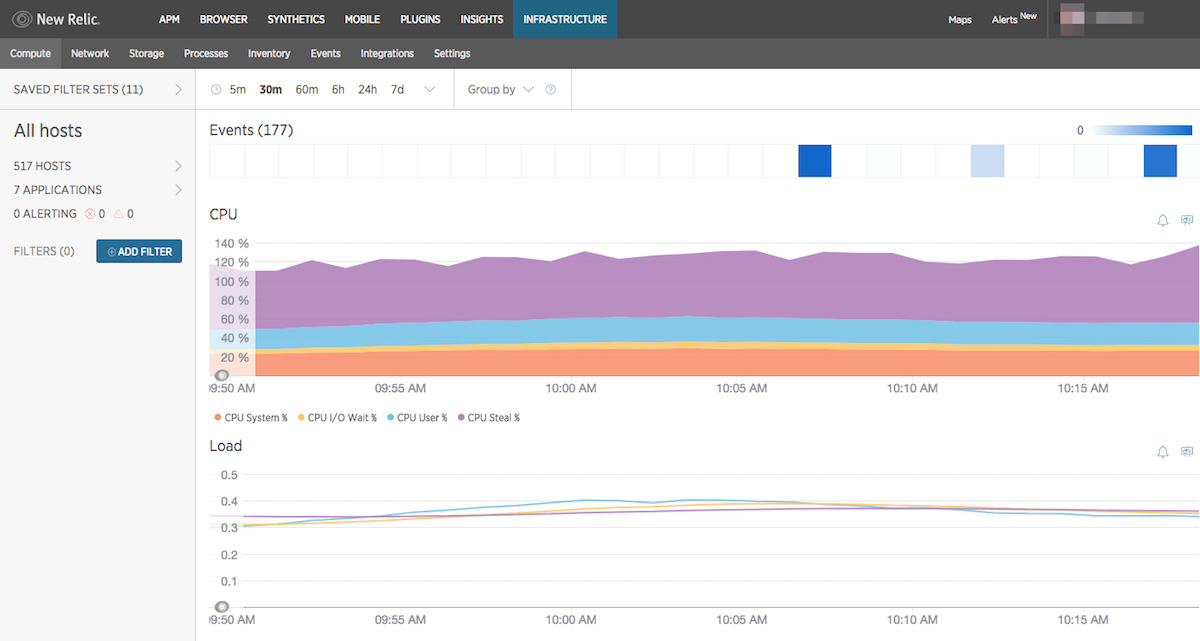 How To Create A Server Overview Dashboard In New Relic Insights
How To Create A Server Overview Dashboard In New Relic Insights
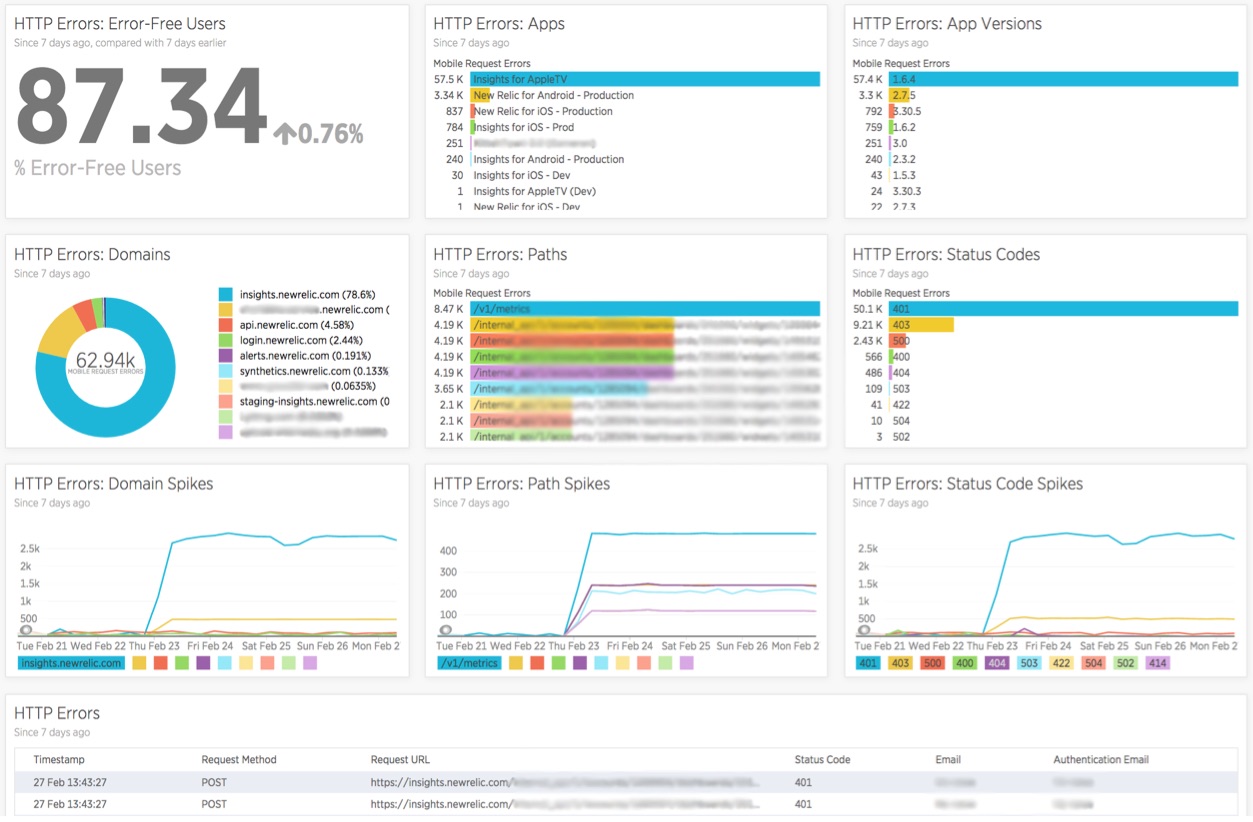 Deliver A Better User Experience With Deeper Visibility Into The Backend Services Powering Your Mobile Apps
Deliver A Better User Experience With Deeper Visibility Into The Backend Services Powering Your Mobile Apps
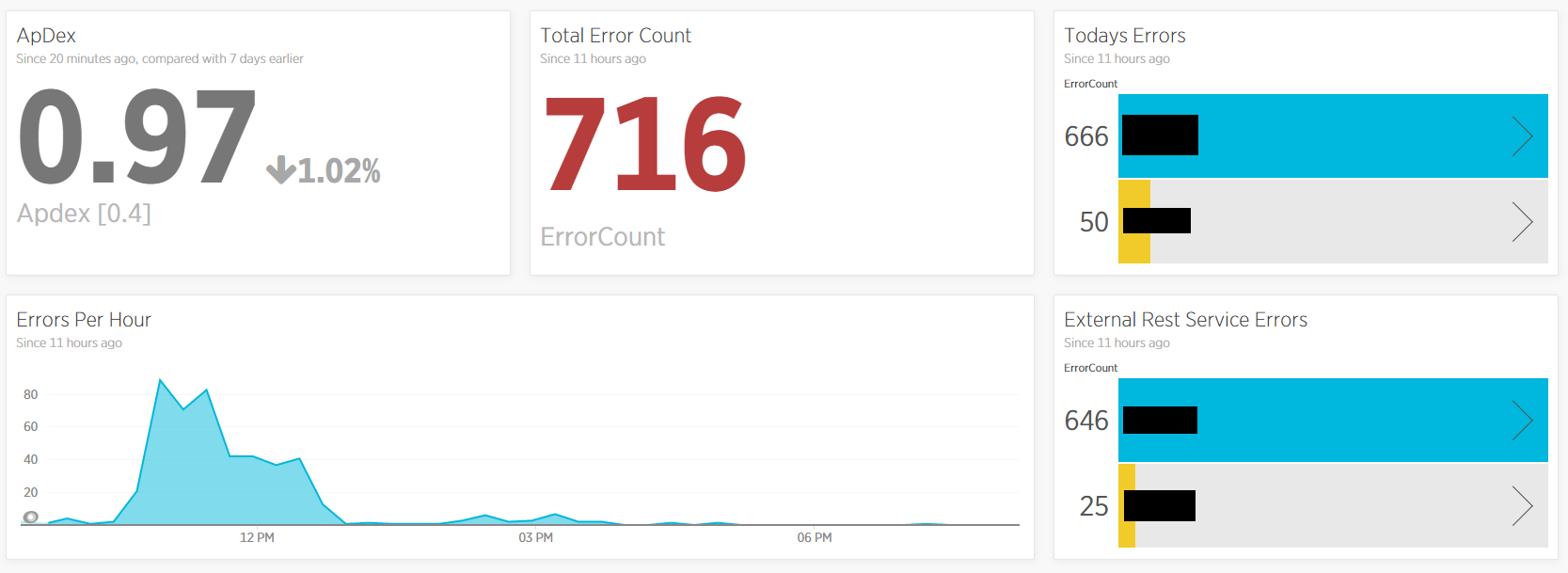
 Relic Solution 5 Insights Dashboard Resources You Should Check Out Level Up Relic Solutions New Relic Explorers Hub
Relic Solution 5 Insights Dashboard Resources You Should Check Out Level Up Relic Solutions New Relic Explorers Hub
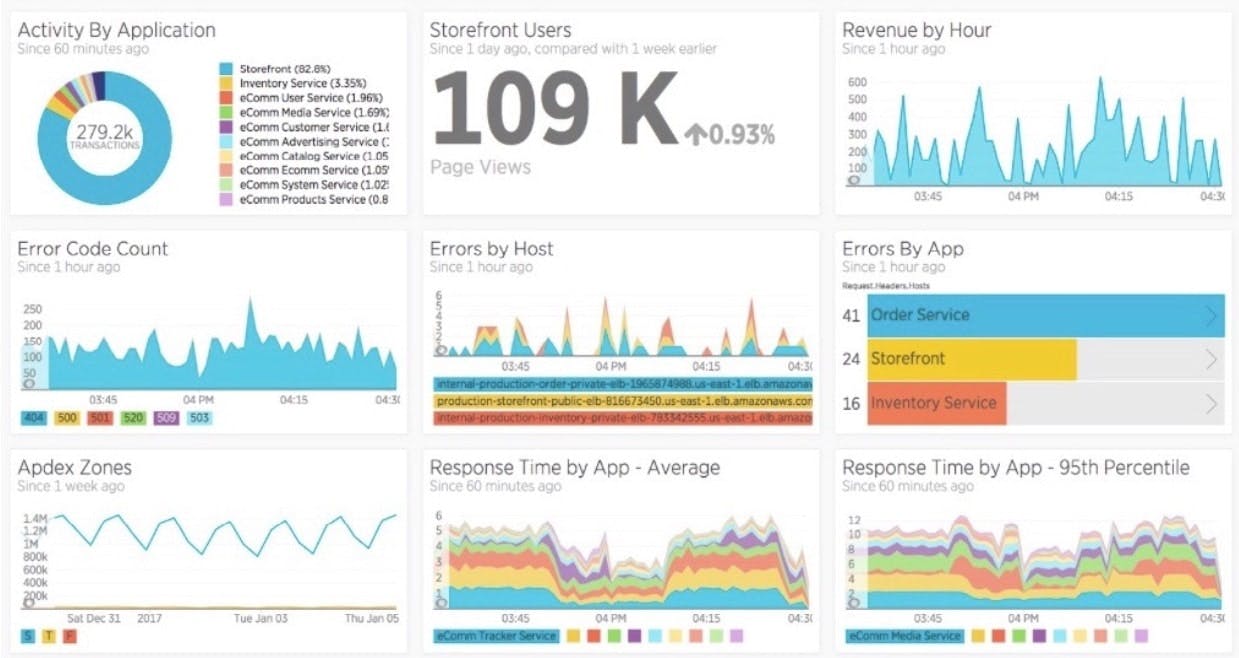 10 Key Capabilities Of New Relic Apm New Relic Resource
10 Key Capabilities Of New Relic Apm New Relic Resource
 Screenshot New Relic Insights Cohort Feature Development Insight Relic
Screenshot New Relic Insights Cohort Feature Development Insight Relic
 New Relic Apm Add Ons Heroku Elements
New Relic Apm Add Ons Heroku Elements
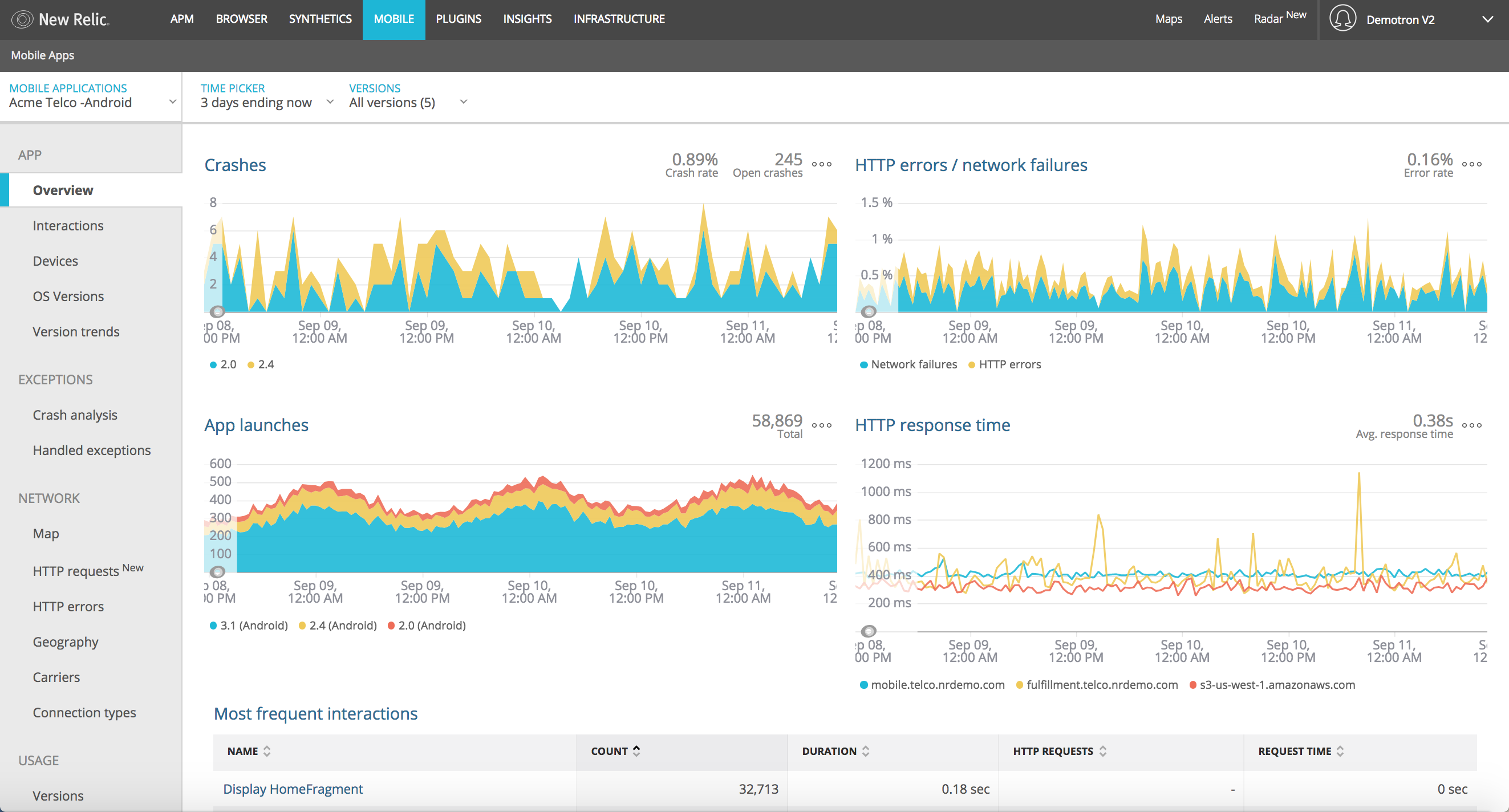 Getting Started With New Relic Mobile Best Practices That Set You Up For Success
Getting Started With New Relic Mobile Best Practices That Set You Up For Success
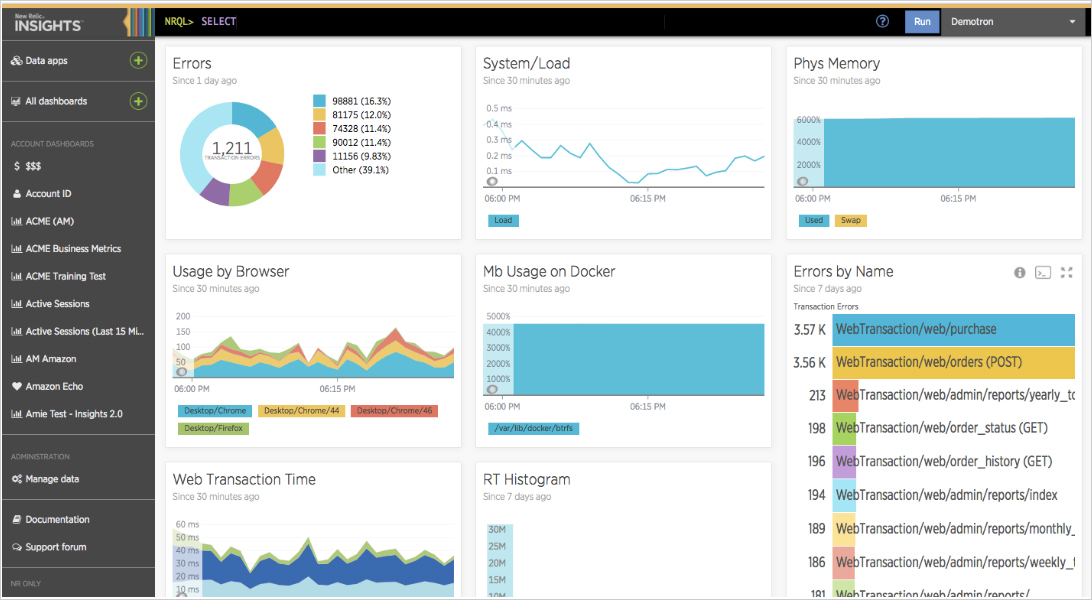 New Relic Insights Analytics Integration Segment
New Relic Insights Analytics Integration Segment
 Insights Dashboards Data Apps Demo And Tutorial Youtube
Insights Dashboards Data Apps Demo And Tutorial Youtube
 Getting Started With New Relic Insights Best Practices That Set You Up For Success
Getting Started With New Relic Insights Best Practices That Set You Up For Success
 New Relic Insights Demo And Tutorial Youtube
New Relic Insights Demo And Tutorial Youtube

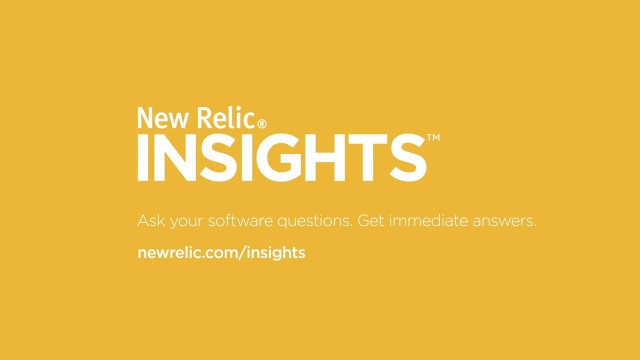


No comments:
Post a Comment
Note: Only a member of this blog may post a comment.